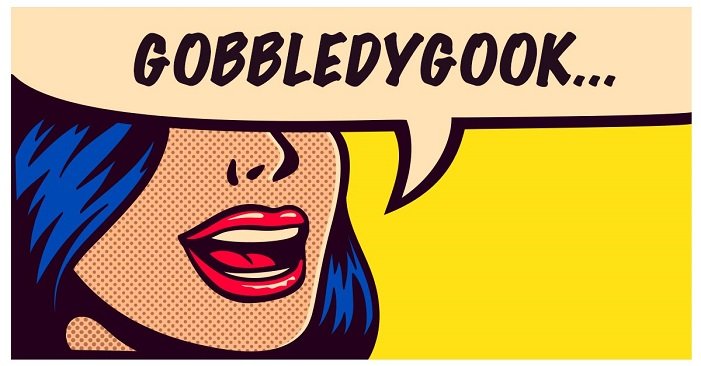The 1940s were a fascinating decade filled with big changes, and the slang from that era reflects its unique spirit. As someone who has delved deep into this topic, I’m excited to share some of the most interesting and lively expressions that defined the language of the 1940s.
What Made 1940s Slang Unique?
The 1940s was a time of both war and peace, with World War II dominating the early part of the decade and the post-war era bringing new beginnings. This backdrop influenced the slang that people used, mixing old-fashioned charm with fresh, vibrant expressions. People were creative with their language, coming up with phrases that captured the essence of their experiences and the times they were living through.
Popular 1940s Slang Terms
Here are some of the most memorable slang terms from the 1940s:
- “Dewdropper” – This term was used to describe someone who was lazy or didn’t have a job. It’s a fun way of saying someone was not very motivated.
- “Bee’s Knees” – This phrase was a way of saying something was excellent or outstanding. For example, if you had a new dress, you might say it was the bee’s knees!
- “Flick” – Referring to movies, this term was used to describe going to see a film. People would say, “Let’s catch a flick” when planning to go to the movies.
- “Hooch” – Slang for alcohol, especially illicit liquor. During Prohibition, people needed a word for their contraband beverages, and “hooch” fit the bill perfectly.
- “G-Man” – Short for “Government Man,” this term referred to FBI agents. It came from the FBI’s official name, the “Federal Government.”
- “Jive” – Used to describe deceptive or nonsensical talk, or even as a term for dancing. If someone was being misleading, you might say they were talking jive.
How 1940s Slang Affected Culture
The slang from the 1940s wasn’t just about words; it was a reflection of the era’s culture and values. The language often highlighted the contrast between the wartime and peacetime experiences, and it provided a way for people to express their resilience and adaptability.
Keeping the Slang Alive
Even though many of these terms have faded from everyday use, they offer a glimpse into the past and can be a fun way to connect with history. If you’re interested in learning more about 1940s slang, you might explore vintage films, music, and literature from that decade.
Conclusion
The 1940s slang is a colorful chapter in the history of language, reflecting a time of great change and excitement. It’s a reminder of how language evolves and adapts, and it gives us a chance to appreciate the creativity and resourcefulness of people from the past. Dive into these expressions, and you might just find yourself saying “the bee’s knees” in no time!

